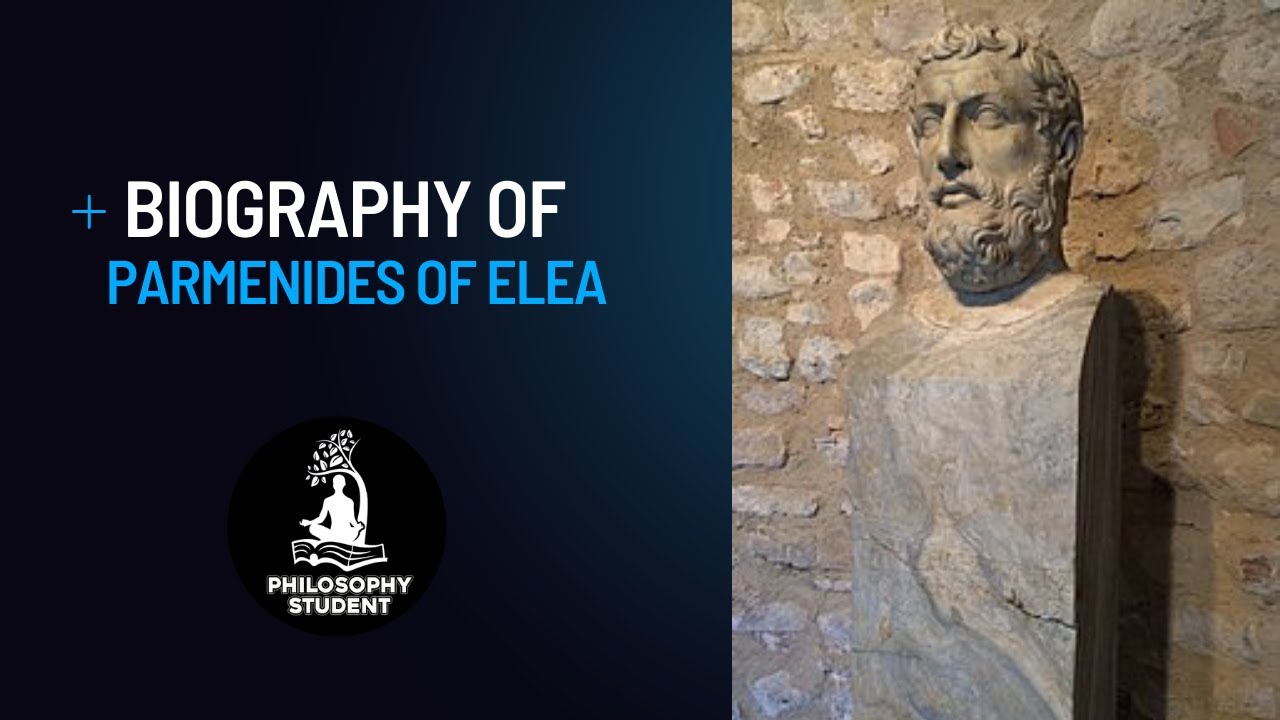Parmenides of Elea, a Pre-Socratic, was the first philosopher to explore the nature of existence itself, thereby laying claim to the title of the “Father of Metaphysics.” Since he also was the first to argue deductively, employing a priori arguments, he may have a claim as well to edging out Aristotle as the “Father of Logic.” Finally, Parmenides is commonly assumed to have been the founder of the Eleatic School, which encompassed those Pre-Socratics who argued for the singular and unchanging nature of reality. As some subsequent interpreters of Parmenides have suggested, the Eleatics espoused a theory that only one “thing” actually exists.
Those who credit Parmenides with this theory also see him as an epoch-making figure in the history pf philosophy, one who challenged the systems of all his predecessors and laid down before those who would follow him a set of metaphysical criteria any proposed system must satisfy.
Parmenides left—and perhaps wrote—only one work, a poem known as On Nature, but probably not given that title by the author. As with so much of the work of the Pre-Socratics, On Nature is known only through fragmentary quotations found in the work of other, later authors. By way of conjectural reconstruction, the poem is assumed to have been in three parts, “Proem,” “Reality” (Alétheia), and “Opinion” (Doxa).
“Proem” depicts a young pilgrim in search of enlightenment, who embodies traditional Greek religious beliefs. “Reality” develops epistemic guidelines for philosophical inquiry, which culminates in the metaphysical claim for which Parmenides is best known, namely, that which is cannot be in motion, change, come-to-be, perish, or lack uniformity. “Opinion” is an account of the world in terms of theogony and cosmogony. Strangely, the engine of these processes, theogony and cosmogony, consists of motion, change, and the other phenomena Parmenides argues against in “Reality.” A further contradiction comes in the “Opinion” section, which cites various claims—such as, the moon reflects the light of the sun —which, although manifestly true, are offered as examples of the mistaken opinions of mere mortals. These logical problems vexed no less a figure than Plato, who concluded that it might be impossible to understand Parmenides’ work.
It is believed that Parmenides was born about 515 or 540 BC, and it is known with certainty that his place of birth was Elea, a Greek settlement along the Tyrrhenian coast of the Apennine Peninsula, south of the Bay of Salerno. He may or may not have been the personal teacher of Zeno of Elea (490-430 B.C.E), but his death date is entirely unknown.




































